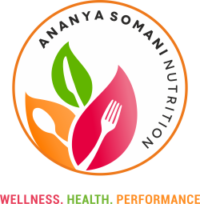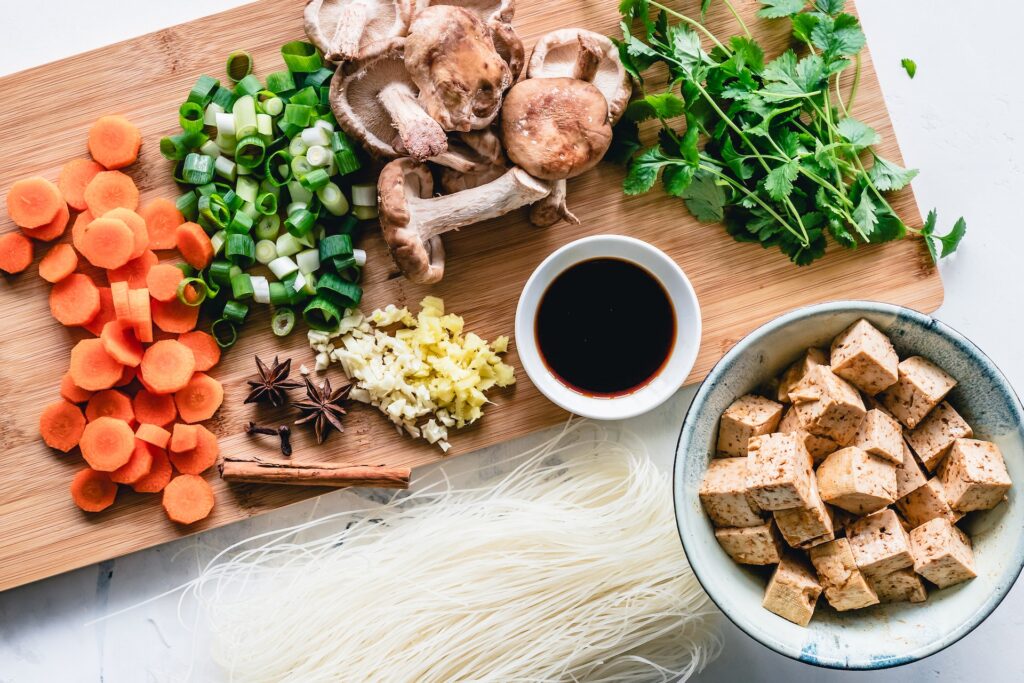Probiotics
Probiotics are live strains of bacteria that can support a healthy gut microbiome by increasing the species and diversity of microorganisms.
Sources include fermented foods such as curd, buttermilk, kefir, pickles. However, not all fermented foods would have probiotics because with cooking methods like heat, how it’s stored and other environmental factors, the number of live strains can be impacted.
Probiotics are also now commonly available as supplements, pills and powders. In terms of the efficacy of these, there’s a lot of research underway and more remaining to be know, especially when it comes to the outcomes of specific probiotic strains. For instance, the species S. Boulardi helps in management of diarrhoea.
Prebiotics
Prebiotics act as ‘food’ for the bacteria and microorganisms in our gut. They are found in a variety of fibre-rich foods that once digested, reach the large intestine where they are fermented by the gut bacteria to provide energy and nutrients.
Prebiotics help support our gut bacteria, and can also be beneficial in reducing inflammation, improving nutrient absorption and reducing the risk of colon cancer.
Prebiotics can be found in many fibre rich foods, including:
- Vegetables such as onion, garlic, peas, cabbage, asparagus, mushroom
- Fruits such as banana, apple, watermelon, pomegranate and dried fruits
- Beans, dals, legumes such as chickpeas, kidney beans, lentils
- Nuts and seeds like almonds, cashews, flax seeds, pumpkin seeds
- Grains and cereals such as barley, oats, rye, wheat bran
Have you heard about synbiotics?
These are a mixture of prebiotics and probiotics. They have been developed to improve the survival of probiotic strains upon reaching the gut.
Which supplement do you need?
In a nutshell, there’s a lot remaining to be known when it comes to pre, pro and symbiotic supplements, whether it’s dosage, survival of the probiotic species or efficacy. Research is underway and there is evidence for the use of specific supplements for specific conditions such ulcerative colitis, irritable bowel syndrome. For general use, it’s not a recommendation as yet rather worth focusing on food options with pre and probiotics and a varied diet to support your gut health!
References:
- Terpou, A., Papadaki, A., Lappa, I. K., Kachrimanidou, V., Bosnea, L. A., & Kopsahelis, N. (2019). Probiotics in Food Systems: Significance and Emerging Strategies Towards Improved Viability and Delivery of Enhanced Beneficial Value. Nutrients, 11(7), 1591. https://doi.org/10.3390/nu11071591
- Billoo, A. G., Memon, M. A., Khaskheli, S. A., Murtaza, G., Iqbal, K., Saeed Shekhani, M., & Siddiqi, A. Q. (2006). Role of a probiotic (Saccharomyces boulardii) in management and prevention of diarrhoea. World journal of gastroenterology, 12(28), 4557–4560. https://doi.org/10.3748/wjg.v12.i28.4557
- Pandey, K. R., Naik, S. R., & Vakil, B. V. (2015). Probiotics, prebiotics and synbiotics- a review. Journal of food science and technology, 52(12), 7577–7587. https://doi.org/10.1007/s13197-015-1921-1

